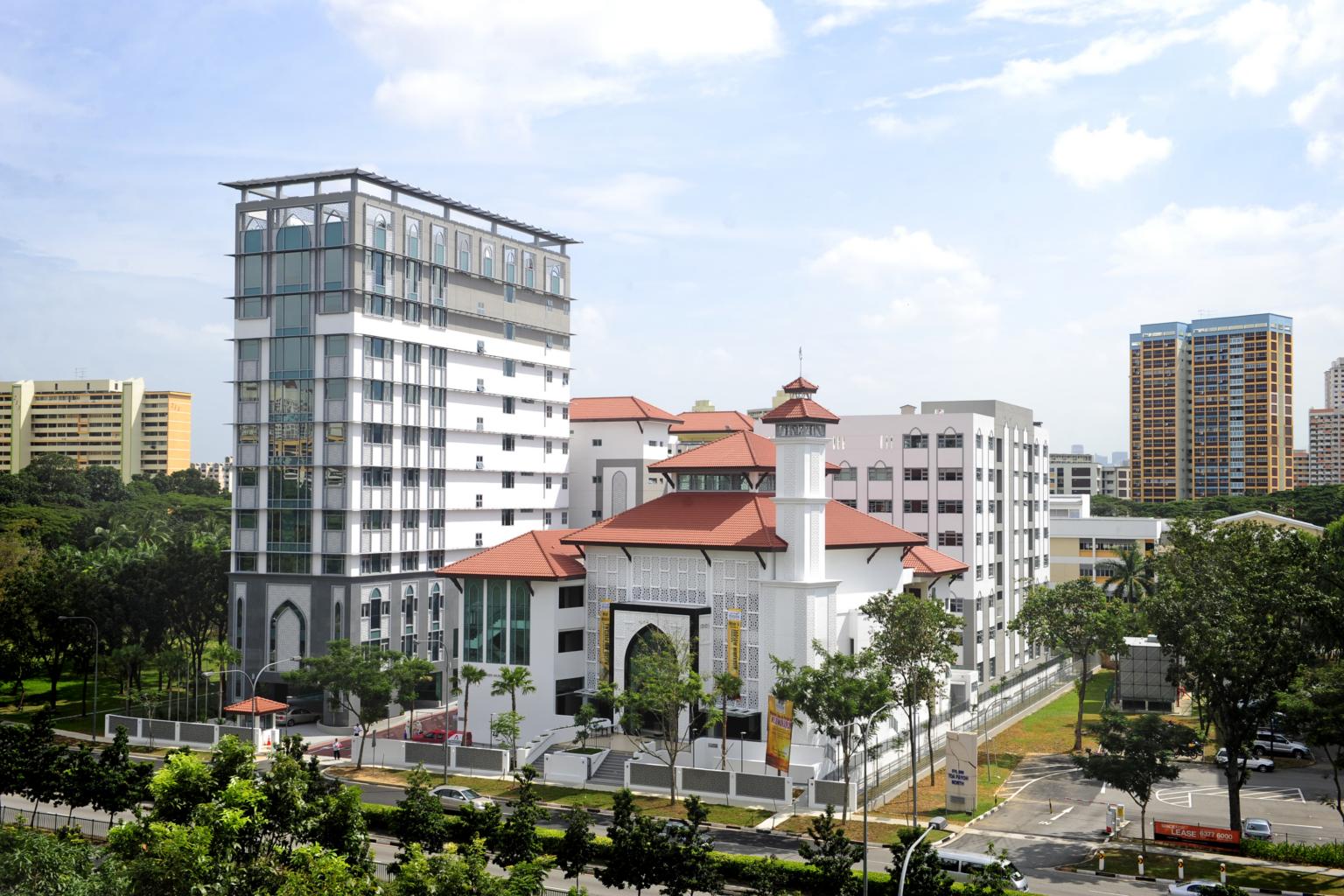Muis completes investigation on questionable halal certification practices, outcome pending
Sign up now: Get ST's newsletters delivered to your inbox

Muis said the findings have been submitted to the Ministry of Culture, Community and Youth.
PHOTO: ST FILE
SINGAPORE - Allegations of questionable halal certification practices by the Islamic Religious Council of Singapore (Muis) have been investigated and the findings have been submitted to the Government, said Muis on Thursday (Nov 12).
The council said in a release that the findings of an independent review panel tasked to review its certification process, as well as the findings of its own internal investigation, have been submitted to the Ministry of Culture, Community and Youth. The outcome will be made known in due course.
Muis added that while the outcome of the investigation is pending, an officer against whom the allegations were made has been removed from handling matters relating to the recognition of foreign halal certification bodies (FHCB).
FHCBs are organisations Muis deems to have similar standards to its own when it comes to halal certification and whose products are certified as halal, or fit for consumption by Muslims, when imported into Singapore.
These organisations can earn thousands of dollars monthly by selling exported products to Singapore.
Since April, Muis has made several public statements in response to allegations by Hong Kong-based news outlet Asia Sentinel that the council showed favouritism in its recognition of FHCBs. Other articles have been published repeating and furthering the accusations.
In response to these, Muis had said in June that an internal investigation team, as well as an independent review panel, chaired by Muis Council Member and retired audit director from the Auditor-General's Office Mr Abdul Hamid Abdullah, had been established to review the allegations.
Muis said on Thursday that it has been alerted to an online article falsely attributing remarks to Mr Abdul Hamid and containing several other inaccuracies.
The article, whose origin Muis did not identify, had also alleged that individuals who assisted in the council's investigations were coerced into signing non-disclosure agreements before submitting evidence.
The council denied this and said that individuals assisting in investigations were requested to sign such an agreement to safeguard the confidentiality of the investigation process. None of them objected , added Muis.
Social media posts regarding the outcome of the investigation process are still circulating, casting aspersions on the integrity of the process, warned Muis.
"This is irresponsible. We ask that such parties cease doing so and allow due process to take place. Muis will update on the investigation outcome after the matter has been considered by the Ministry of Culture, Community and Youth," it said.
In April, Asia Sentinel alleged that the assistant director of the council's Halal Certification Strategic Unit was being investigated for corruption by the Corrupt Practices Investigation Bureau (CPIB), a claim a CPIB spokesman would not confirm or deny, citing confidentiality issues.
According to Asia Sentinel, the assistant director had caused Muis' delisting of a certifying body in Australia as an FHCB, although it did not specify how this was done.
The article, reproduced on other outlets such as news site Halal Focus, also said that individual had interfered with and undermined the Australian body's attempt to be re-certified as an FHCB, supposedly through actions like divulging its sensitive information to a competitor and forcing it to hire certain staff.
Muis has clarified that key decisions on halal certification are not made by one person but by an independent panel and that the certification of FHCBs is held to the same rigorous standards as the local certification processes.
The story has been edited for accuracy.


